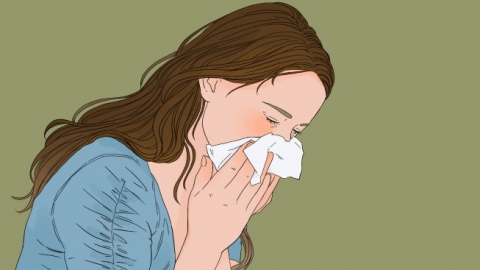What are the harms of long-term night shift work?
Working night shifts over a long period can generally lead to various health issues, including sleep disorders, digestive system damage, increased cardiovascular strain, weakened immunity, and endocrine imbalances. A detailed analysis is as follows:

1. Sleep dysfunction: The circadian rhythm is forcibly reversed. Daytime sleep is easily disrupted by light and noise, resulting in insufficient sleep duration and poor sleep quality. Over time, this may lead to insomnia, frequent dreaming, excessive daytime sleepiness, and persistently poor mental condition.
2. Digestive system damage: Night shift work disrupts normal eating patterns, often leading to late-night meals or prolonged periods of fasting. Without regular care, the gastrointestinal mucosa becomes vulnerable, increasing the risk of stomach pain, bloating, and indigestion. Long-term disruption may trigger conditions such as gastritis or gastric ulcers.
3. Increased cardiovascular burden: Circadian rhythm disturbances affect the stability of blood pressure and lipid levels, causing abnormal blood vessel constriction. Prolonged stress on the body raises the risk of cardiovascular diseases such as hypertension and coronary heart disease, with more pronounced effects among individuals who already have underlying health conditions.
4. Weakened immunity: Sleep is a critical period for bodily repair and immune cell regeneration. Chronic sleep deprivation directly impairs immune system function. As resistance declines, the body becomes more susceptible to bacterial and viral infections, leading to frequent colds and other illnesses.
5. Endocrine imbalance: Disruption of the biological clock interferes with hormone secretion. Women may experience menstrual irregularities or dysmenorrhea, while men may suffer impaired testosterone production. Additionally, slowed metabolism may result in abnormal weight gain, dull skin, and acne.
Individuals working long-term night shifts should create a quiet, dark sleeping environment to improve sleep quality; undergo regular comprehensive medical check-ups to detect potential health risks early; and, if possible, adjust their work schedules reasonably to reduce the frequency of night shifts and alleviate physical strain.




